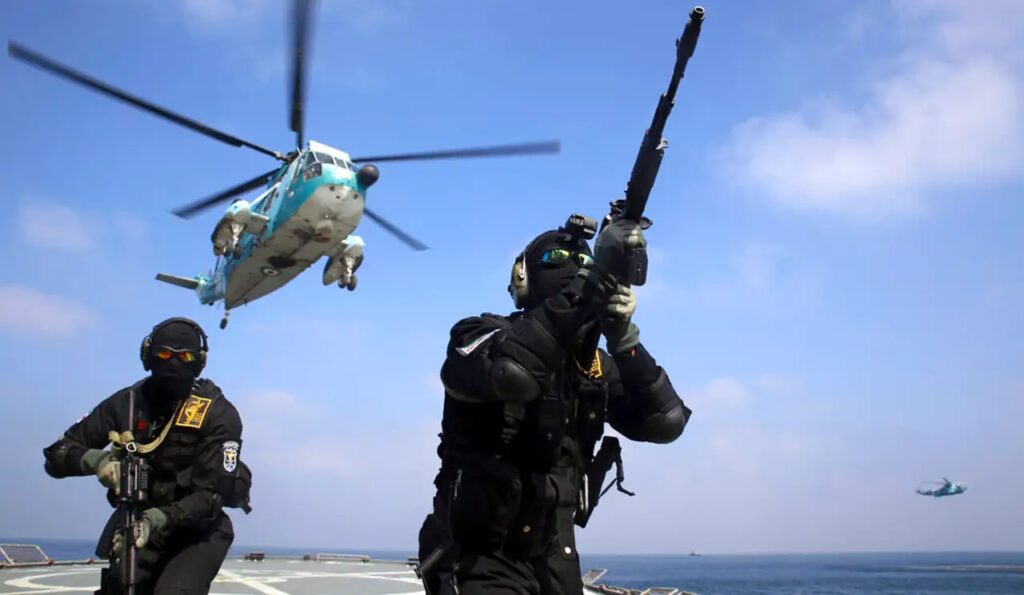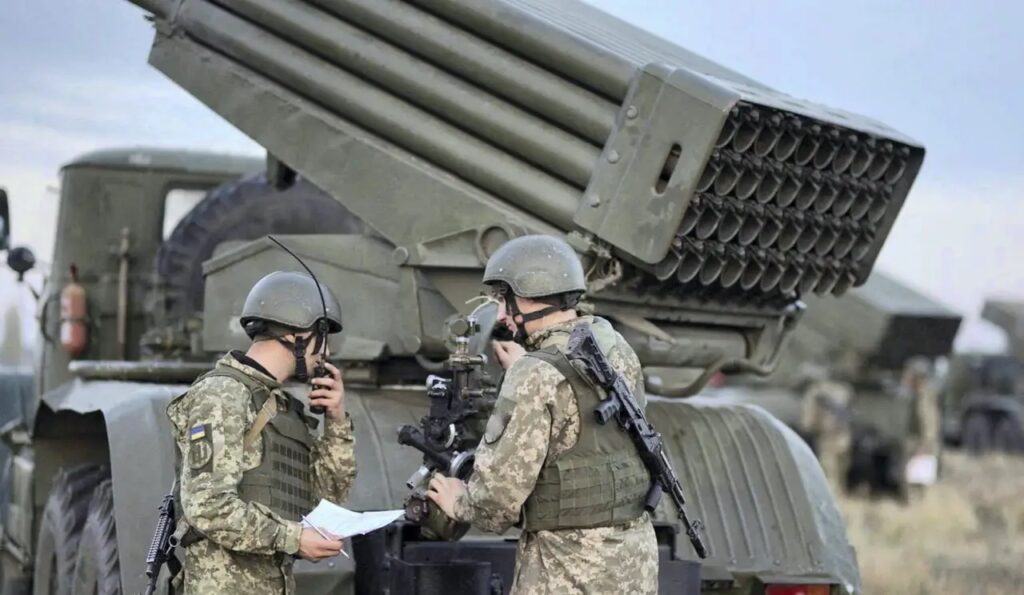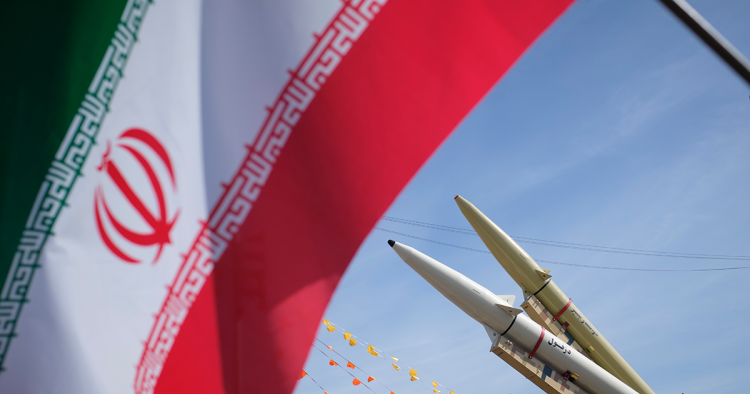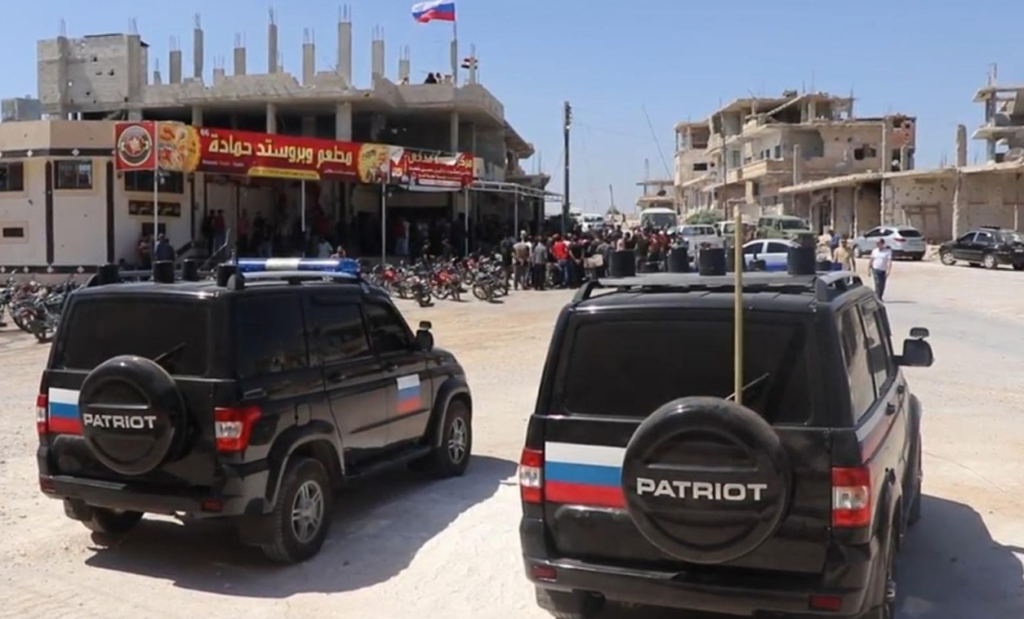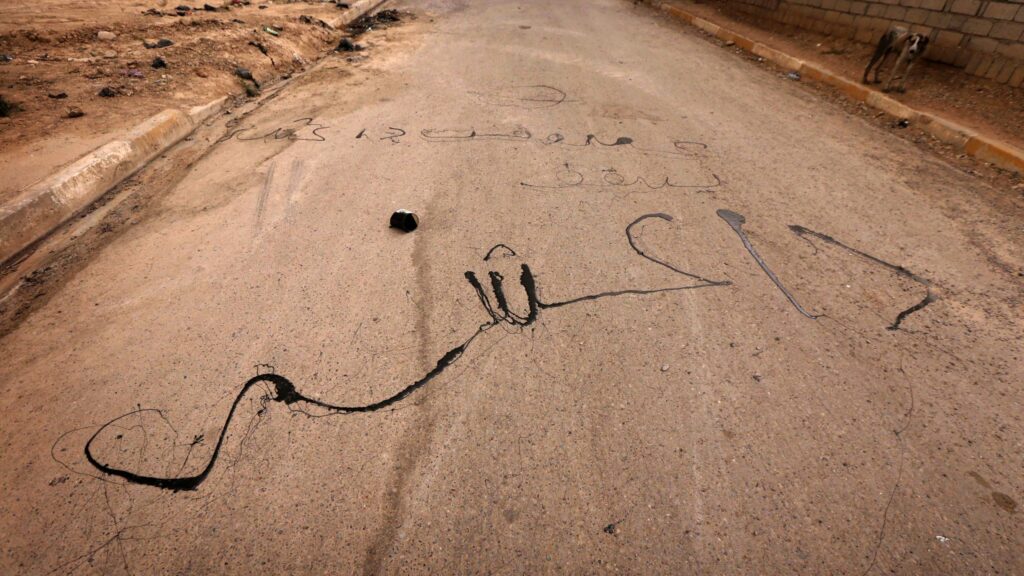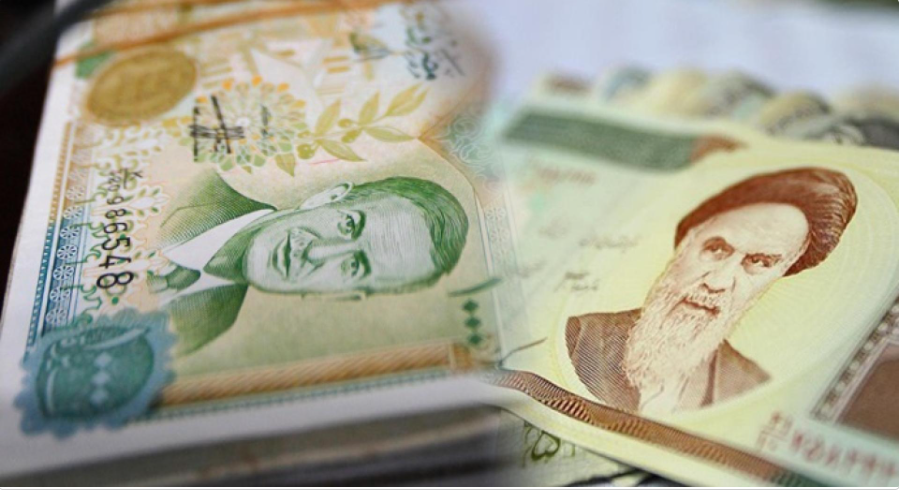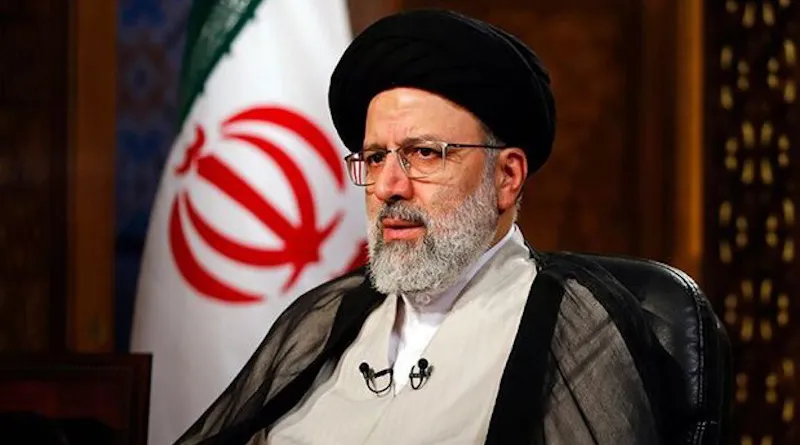After Abu Dhabi, Is Israel’s Red Sea Port of Eilat Next Target for Houthi Drone Strike?
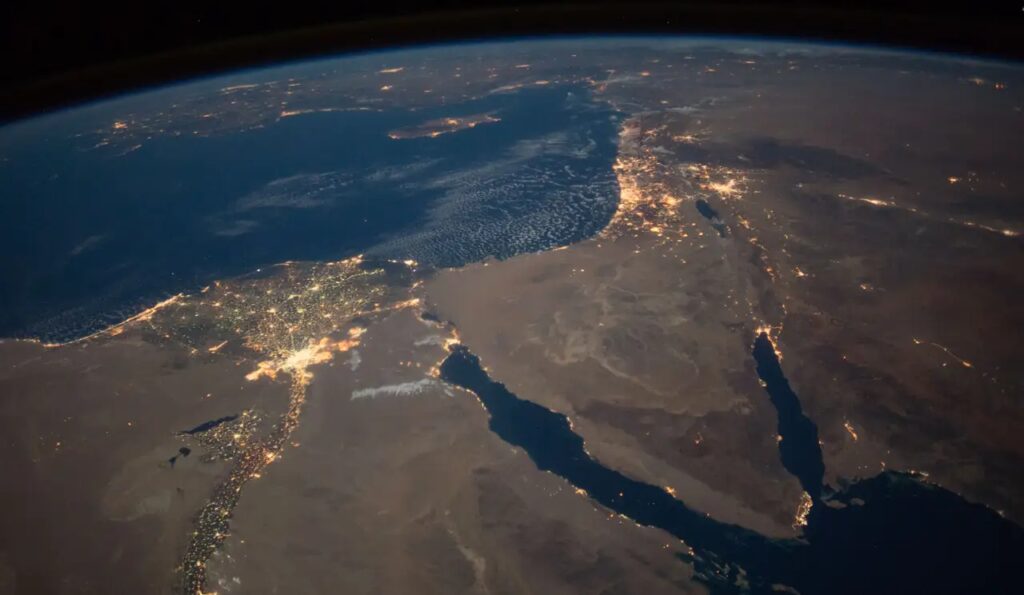
Drone and missile attack on UAE oil facilities and airport sends a message about the war in Yemen, and an equally strong signal to the U.S. and Israel about Iran’s determination
More than 24 hours after the fact, Israel’s Prime Minister Naftali Bennett condemned the drone and missile attack on the oil facilities and international airport in Abu Dhabi. Three people were killed in the attack, which occurred in broad daylight on Monday morning and also caused massive property damage.

